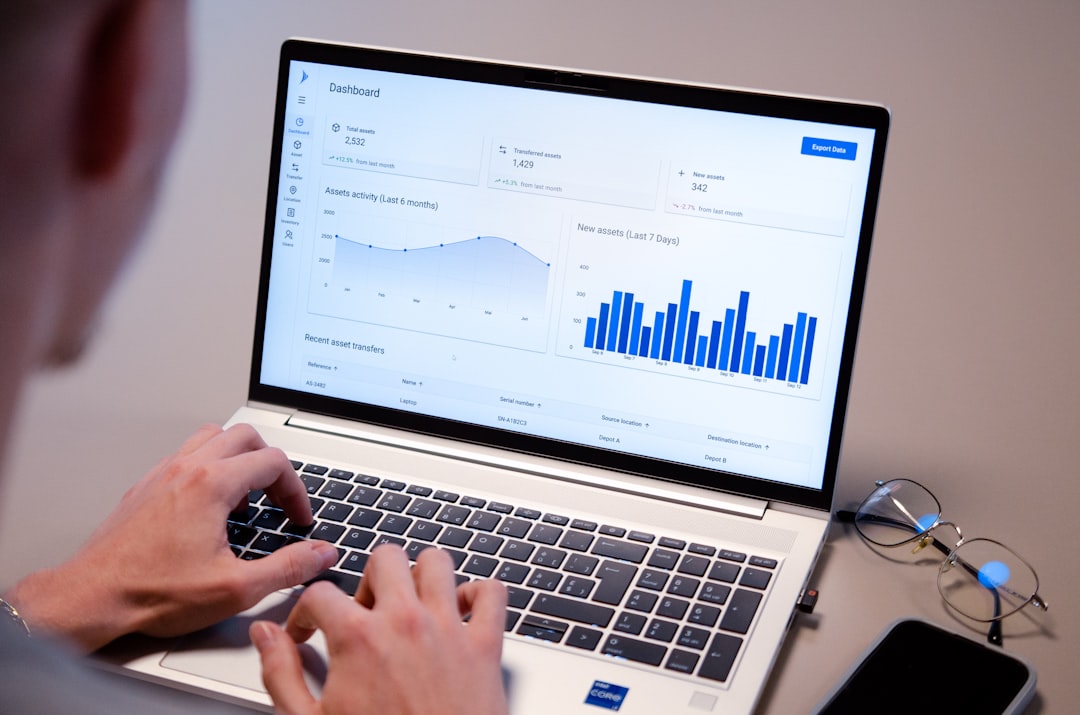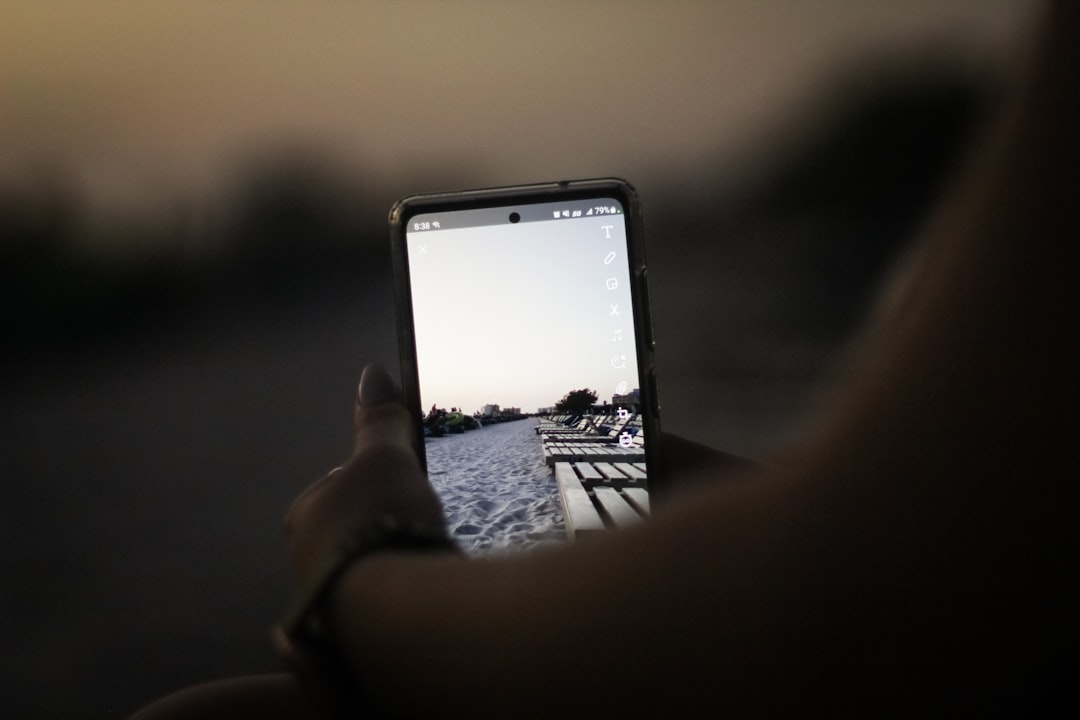Telehealth is booming. You can now see your doctor from the comfort of your couch. No waiting rooms. No long drives. Just log in, talk, and you’re done.
But with this new way of seeing doctors comes some new questions. Like—how safe is your private health info when it’s shared online?
We recently did a study on this. We looked into how telehealth apps handle your data. Are they secure? Do they keep your conversations private? What if someone hacks the system?
We raised these questions, and experts had plenty to say. Let’s break it all down, nice and simple.
What We Found
First, here’s what our study showed:
- Some apps share data with third parties.
- Not all apps use full encryption.
- Terms and conditions? Long and hard to read.
- Some ask for way more info than needed.
That’s a little scary, right? We thought so too. So, we took our findings to the experts. Doctors, data scientists, and cybersecurity pros all weighed in.
Experts Sound Off
Dr. Linh Morales, a family doctor, says:
“Patients trust me with their secrets. But when you use telehealth, you have to trust the tech too. And right now, that trust isn’t always earned.”
She wants better rules for apps. Simple as that.
Then there’s Jake Goldman, a cybersecurity expert. His take?
“Some of these apps treat your data like free candy—easy to grab and pass along. We need tighter locks on digital health doors.”
Scary, but he’s got a point.

What’s Really at Risk?
Your health data is very personal. It’s about your body, your habits, your life. Imagine if that info was sent to advertisers. Or worse, cybercriminals.
Here are a few things people worry about when it comes to telehealth:
- Being tracked online after a doctor visit
- Having private info sold without consent
- Getting spammed with medical ads
- Hackers stealing sensitive files
And the problem is, many users don’t even know what permissions they’re giving. They just click “Accept” and move on. Who has time to read 40 pages of legal terms?
Some Apps Are Doing It Right
Let’s not scare you too much. Some telehealth apps actually do a great job. Experts gave a thumbs-up to platforms that:
- Use end-to-end encryption
- Don’t store session recordings
- Ask only for necessary info
- Have clear, easy-to-digest privacy policies
Dr. Morales says these are the ones she recommends to her patients. Safe and simple.
What You Can Do
Don’t worry—you don’t need to be a tech whiz to protect yourself. Here are a few easy steps:
- Read the privacy summary—Skip the long stuff; look for a short version.
- Use strong passwords—Avoid “123456” or “password.” Yes, again.
- Update your app—New versions often fix security holes.
- Ask your doctor—They may know which apps are safe.

The Bottom Line
Telehealth is here to stay. It’s easy, fast, and pretty amazing. But keeping your health info safe should come first.
Experts agree: We need better laws, stronger apps, and clear privacy rules. But until that happens, a little caution goes a long way.
Take time to check the app you use. Know what you’re sharing. And if in doubt? Ask questions. Your health—and privacy—deserve it.
Stay smart. Stay safe. And keep asking the right questions.